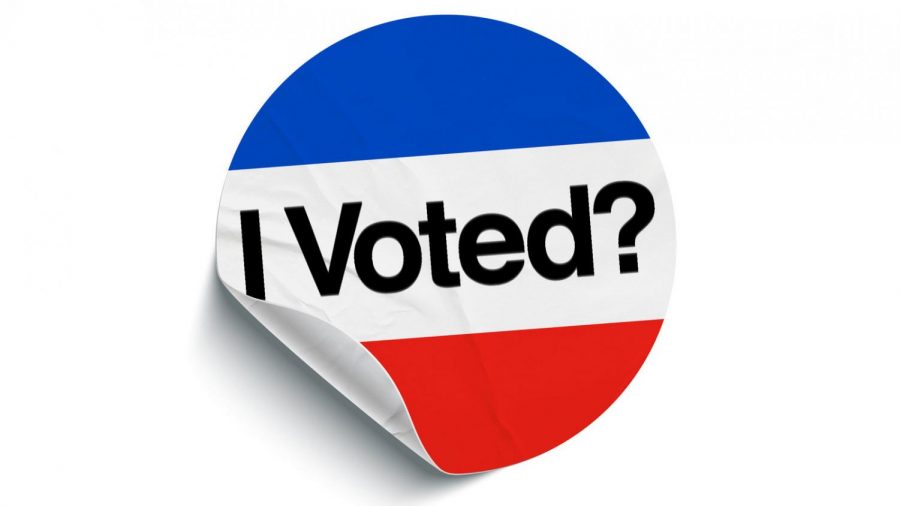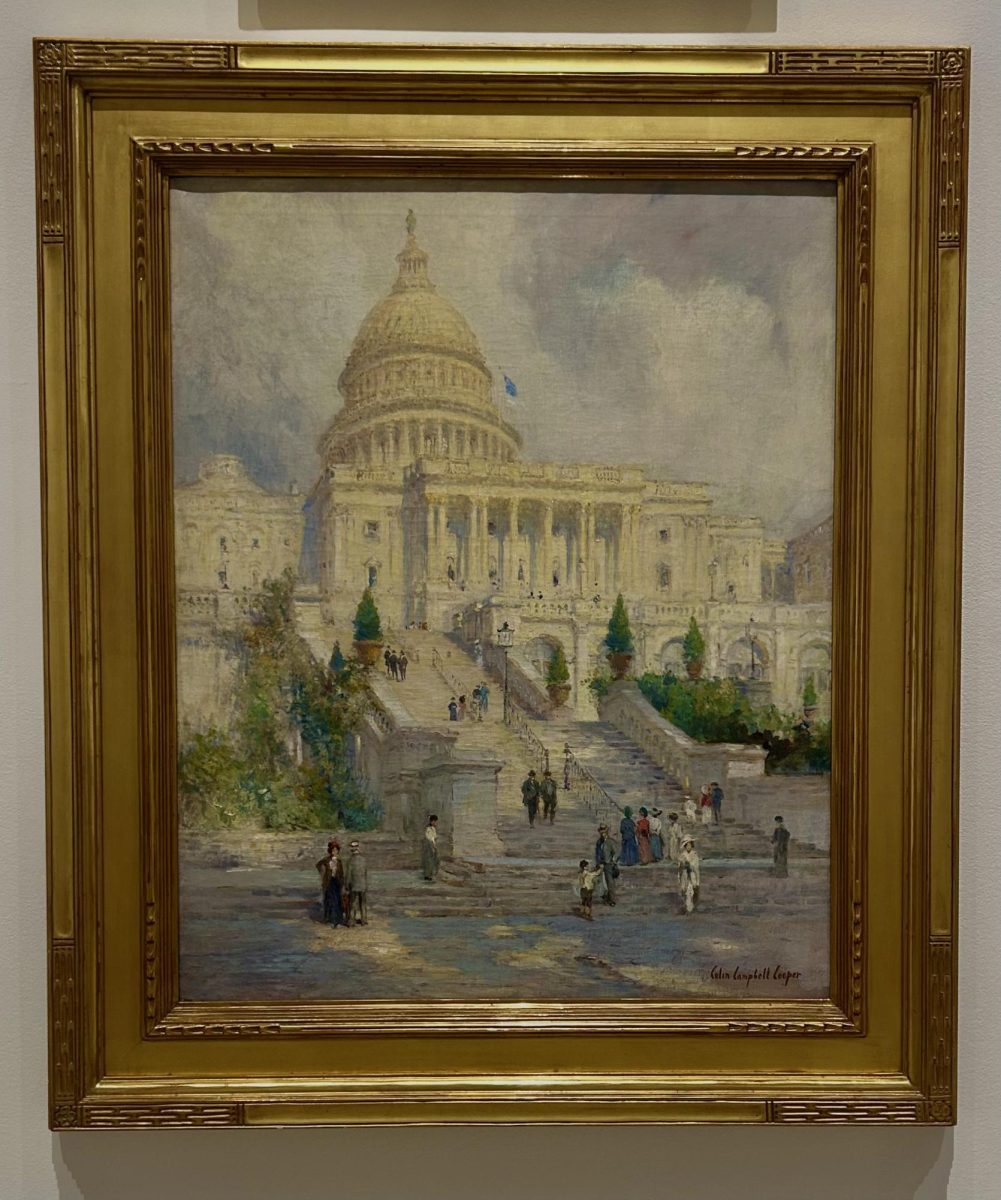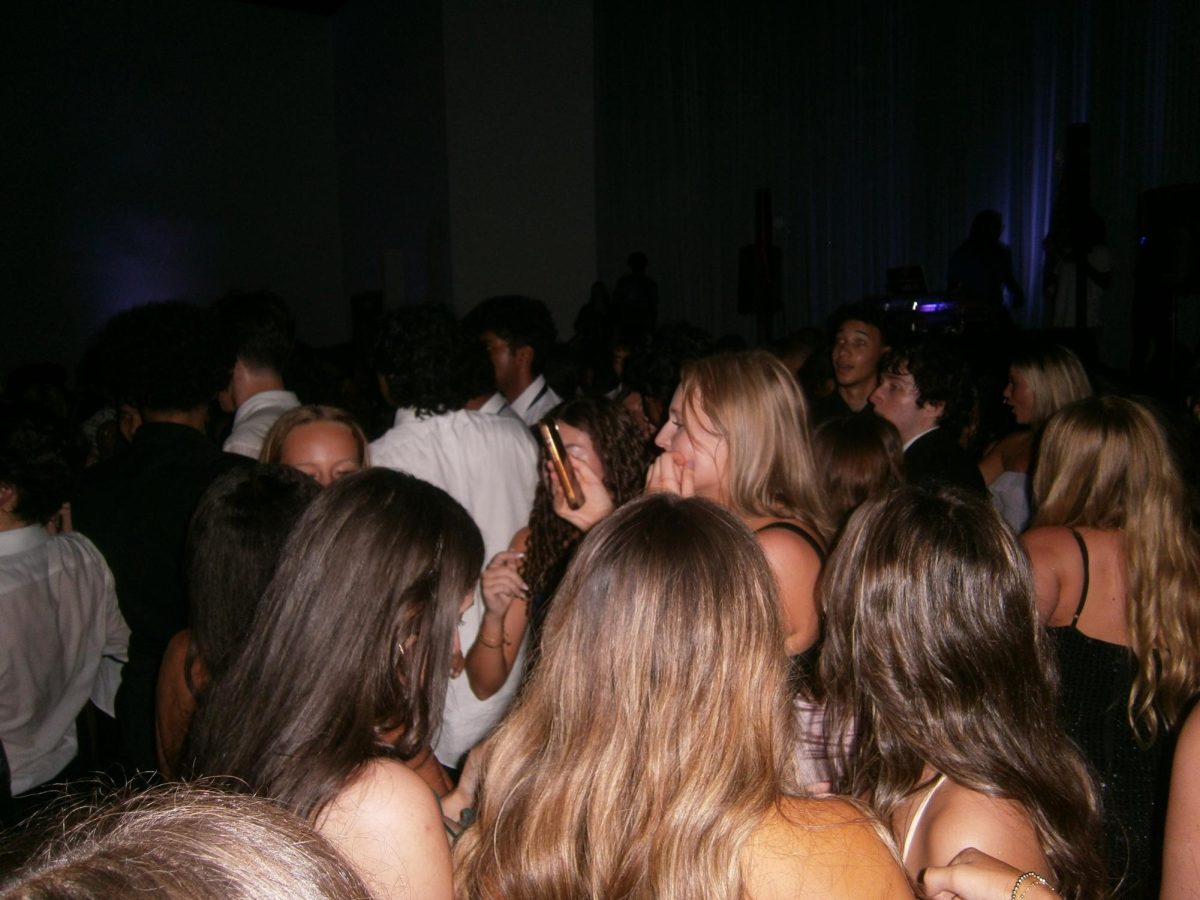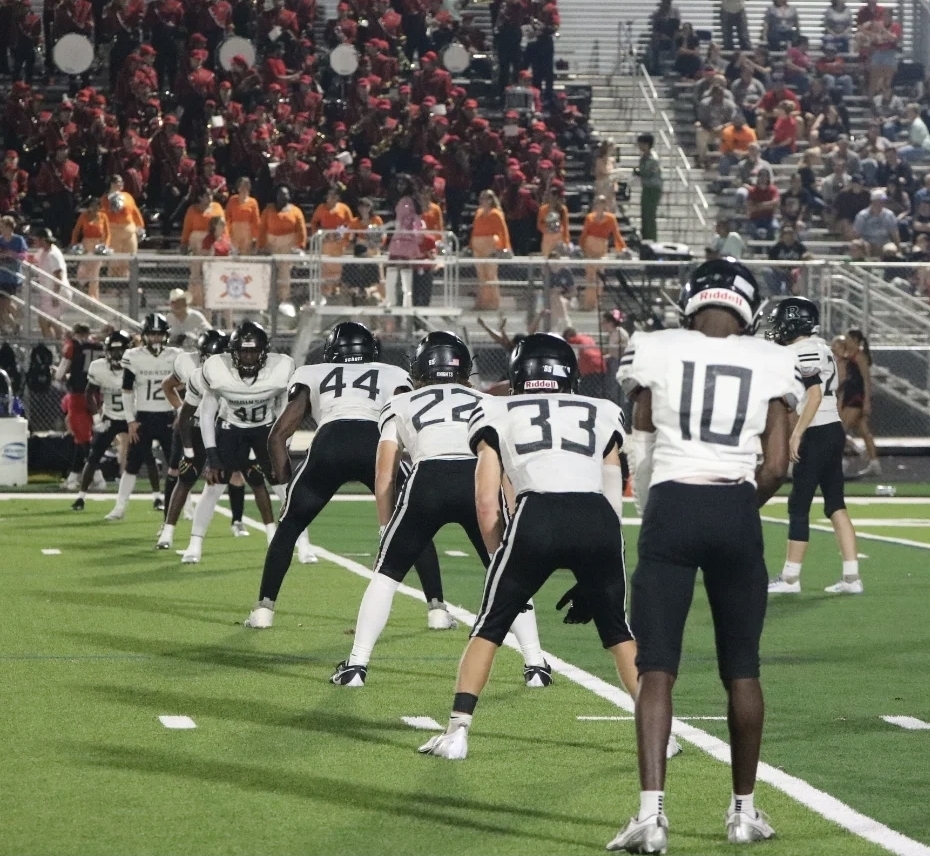There’s no place for the Electoral College in modern America
August 26, 2020
The key to a successful country, among other things, is amendments.
As a country grows and evolves, changes must be made to fit the betterment of its people. One thing that must change for America is the Electoral College.
There is no doubt that the Electoral College was put in place for good reason: to make sure large states don’t dominate the small and to balance the power between Congress and State Legislature. But it is no longer a constructive force in American politics.
There are many problems with the Electoral College, one of the most prominent being “faithless electors.” The term “faithless electors” refers to a body’s electors casting their ballot in opposition to the dictates of the states’ popular vote.
One of the most recent examples of the detriment of “faithless electors” is with Baca v. Hickenlooper, in which the constitutional rights of electors to vote independently was solidified. And though elector independence is morally and constitutionally “right,” future faithless electors can tip the presidency and nullify the popular vote. Having a president who lost the popular vote undermines electoral legitimacy.
Current President, Donald Trump, for example, lost the popular vote by 3 million ballots but won the electoral by 74 votes. This made Trump the 5th U.S Chief executive to become president without winning the popular vote. A similar situation occurred during the 2000 election with Al Gore and George Bush.
Along these lines, putting the vote into the hands of the House of Representatives increases the odds of insider dealings and corrupt decisions, such as with the election of 1824.
With the current Electoral College in place, presidents who lose the popular vote could become the norm and thereby usher in an anti-majoritarian era where small numbers of voters in a few states use institutional clout in the states “left behind” to back legislation desired by large numbers of people.
I’m not the first person to mention this. Congress nearly eradicated the Electoral College in 1934, only falling short 2 Senate votes for passage. In total, there have been over 700 proposals to eradicate or seriously modify the electoral college in the last two centuries.
When the Electoral College was first created, the idea of a direct popular vote was explicitly rejected because many everyday people were not properly educated, so the Electoral College did not trust voters to make well informed and wise choices regarding the presidency.
Considering how the times have changed, the abundance of citizens with college educations and the cons the Electoral College holds, it’s time to make a serious change to the way American democracy works.











